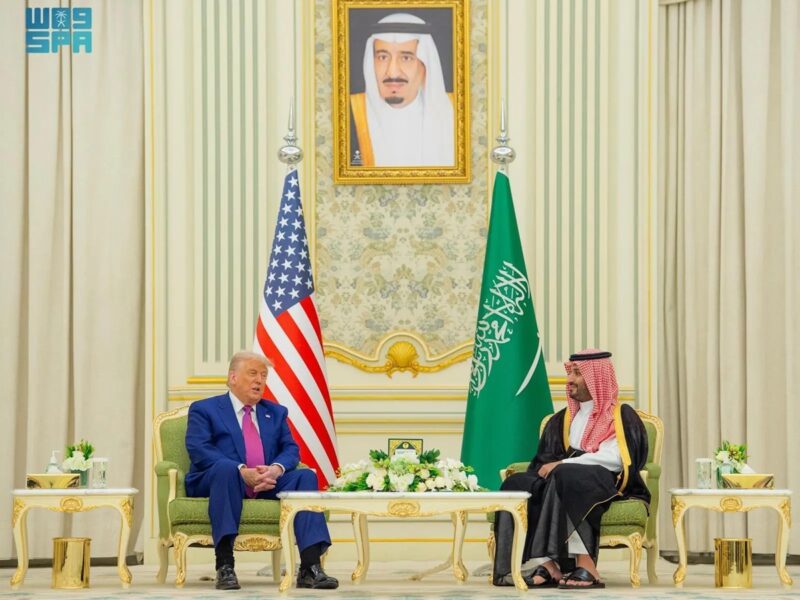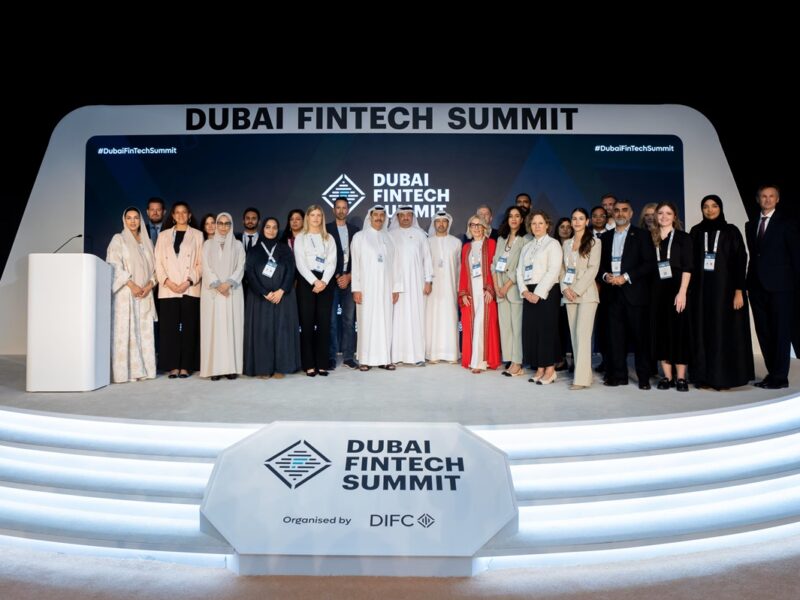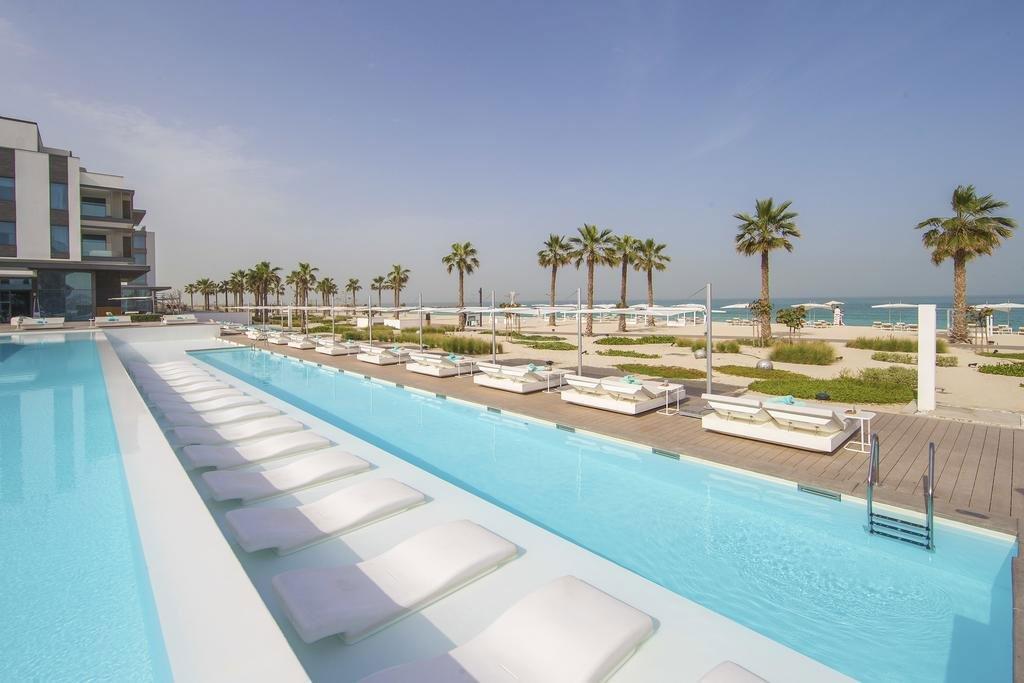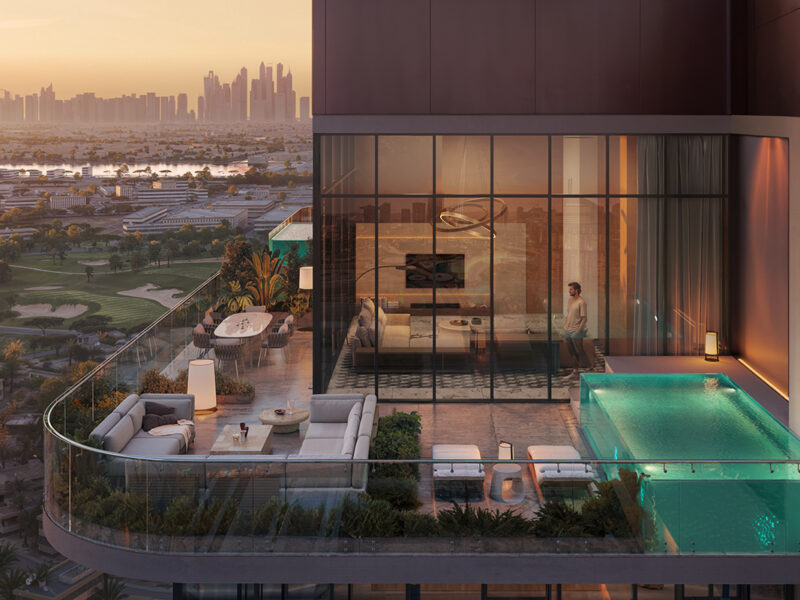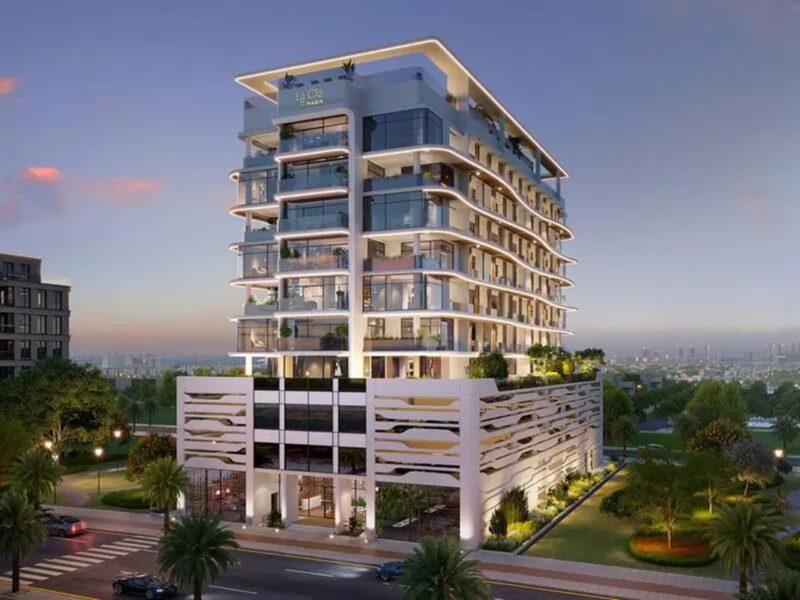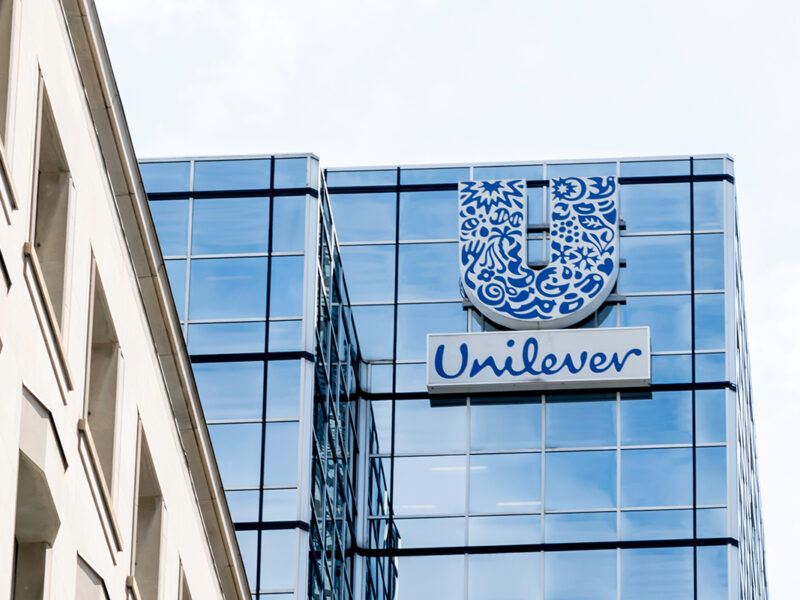Millennials are not strictly attracted to cheaper, 3 or 4 star hotels, with many demanding premium accommodation as opposed to budget hotels, according to the vice president at Nikki Beach Global Hotel Division.
Speaking to Arabian Business, Alexander Schneider said the younger generation is willing to pay a high price for high quality hospitality.
“There is stereotyping when it comes to millennial target groups. Millennials don’t always have a budget. They stay with as at premium categories with premium rates. You don’t need 3 or 4 star hotels in order to attract millennials,” he said.
In February this year, Emaar Hospitality CEO Olivier Harnisch said millennial travellers are spending less on hotels and more on dining and entertainment.
“They say, ‘You know what? I’m coming to Dubai and I’m only staying four days. I’m just going to sleep in my room. I want an attractive and comfortable space, but I want to spend more on dining and entertainment. That’s a trend we are seeing,” he said.
 Alexander Schneider, vice president at Nikki Beach Global Hotel Division
Alexander Schneider, vice president at Nikki Beach Global Hotel Division
However, he added that while there is a “certain correlation” between the spending ability of a mid-market hotel guest and a five star hotel guest, it is “not a strong one.”
In 2016, Emaar Hospitality developed mid-market hotel brand Rove Hotels, which appeals to a younger and more budget-conscious market when compared to the firm’s luxury chain Address Hotels.
Dubai-based hotel giant Jumeirah also introduced 3-star hotel brand Zabeel House, describing it as a “maximum attitude, minimum frills” brand, with rooms staring at AED350.
Schneider, however, said many hotels claim to cater to millennials but fail to create the right atmosphere for young customers, despite their lower prices.
“We live in world where people are keen to get the real thing. People are smarter these days. You can’t trick or fool them. So if you put a claim out there, own it and serve it. A lot of our competitors don’t embrace that. You can’t say you’re a millennial concept when you’re not catering for it. Nikki Beach has so much energy that attracts a younger crowd,” he said.
High occupancy
Due to its unique location and tucked away ambience on the Pearl Jumeirah, the hotel and resort has attracted a large number of guests looking for a staycation.
“It has enabled us to drive further growth, almost in 2 digits, compared to last year, which is definitely unique in current market conditions. We also have no dependency on corporate travel as it’s one of the segments that’s hardest to prevail these days,” he said, adding that the hotel witnessed 90% occupancy in August and September, despite having a slow start in the first two weeks in January. It currently sits on 80 percent occupancy and expects to end the quarter with the same result.
The hotel and resort boasts the famous Miami-style Nikki Beach Club, which was launched by Jack Penrod in 1998 in the US in a bid to combine entertainment, dining and music in a luxury beach offering. Today, the firm has 14 beach clubs, four hotels and resorts and a special events division.
“One segment we have always been driving is events, as there are a lot of luxury brands that like to associate themselves with Nikki Beach. This year alone, we did more than 25 luxury product launches, from cars to jewelry to clothes and make up,” Schneider said. “You need to position your brand clearly so that other brands can work with you.”

